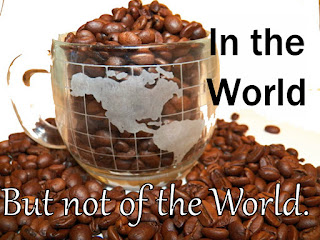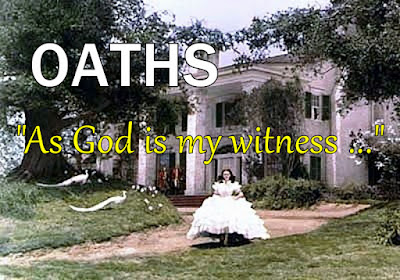WELCOMING THE LEAST AMONG US
Mark 9:30-37
Then he took a little child and put it among them; and taking it in his arms, he said to them, “Whoever welcomes one such child in my name welcomes me, and whoever welcomes me welcomes not me but the one who sent me.” Mark 9:36-37 (NRSV)

How would you define greatness? Would you use words like "powerful" and "influential?"
When the disciples argued among themselves as to which of them was the greatest, perhaps who would be Jesus' successor, Jesus used two of the least powerful and least influential people of that time to change their human perspective on greatness -- a servant (or slave) and a little child.
The greatest, according to Jesus, is the one who will humble themselves and willingly take on the role of servant rather than master. Jesus would later model this in John 13 when on the night he would be betrayed, he got on his knees to wash the feet of his disciples like a common household servant.
Then he brought a child to stand among them. When you think about it children are the least powerful and influential of human beings, even in our own time. They have no power or choice in when, where and to whom they will be born, or whether or not they'll receive a good education or adequate health care. And you certainly won't see a political candidate knocking on the door of an elementary classroom hoping to garner votes and financial support for his or her campaign.
This child was truly the least among them, and Jesus raised the little up, elevating the worth and status of the child to that of his own when he said, "Whoever welcomes this child, whoever embraces and accepts this child, in my name, in service to me, welcomes me, and whoever embraces and accept me, welcomes God, the source of life and creator of all things, great and small."
The least among us:
Then he took a little child and put it among them; and taking it in his arms, he said to them, “Whoever welcomes one such child in my name welcomes me, and whoever welcomes me welcomes not me but the one who sent me.” Mark 9:36-37 (NRSV)

It's been said that Jesus came to "comfort the afflicted and afflict the comfortable." He often does this by replacing our commonly held world view with a Kingdom of God view which redefines our concepts of things like leadership, power and even hospitality.
He certainly does that in today's passage by using an argument among the disciples about who is the greatest among them to show them a new way of looking at greatness, servant hood and the "least among them."
How would you define greatness? Would you use words like "powerful" and "influential?"
When the disciples argued among themselves as to which of them was the greatest, perhaps who would be Jesus' successor, Jesus used two of the least powerful and least influential people of that time to change their human perspective on greatness -- a servant (or slave) and a little child.
The greatest, according to Jesus, is the one who will humble themselves and willingly take on the role of servant rather than master. Jesus would later model this in John 13 when on the night he would be betrayed, he got on his knees to wash the feet of his disciples like a common household servant.
Then he brought a child to stand among them. When you think about it children are the least powerful and influential of human beings, even in our own time. They have no power or choice in when, where and to whom they will be born, or whether or not they'll receive a good education or adequate health care. And you certainly won't see a political candidate knocking on the door of an elementary classroom hoping to garner votes and financial support for his or her campaign.
This child was truly the least among them, and Jesus raised the little up, elevating the worth and status of the child to that of his own when he said, "Whoever welcomes this child, whoever embraces and accepts this child, in my name, in service to me, welcomes me, and whoever embraces and accept me, welcomes God, the source of life and creator of all things, great and small."
The least among us:
- The stranger, the hungry, the thirsty, the naked, the sick and the prisoner (Matthew 25:35-46);
- Widows, the fatherless and foreigners (Exodus 22:21-27)
- The lost and the seeking, the lonely and the forgotten, the unwanted and the overlooked.
None of these are below God's or our love and attention.
And how do we welcome the least among us, how do we embrace and accept those we are called to serve? We go to them. We don't wait for them to come to us. We invest our compassion and service in building relationships with them. Listening to them, walking with them, sometimes being their advocate and at all times being their friends. Touching their lives in real and relevant ways as we learn from them how to make a difference in the world.



Comments
Post a Comment